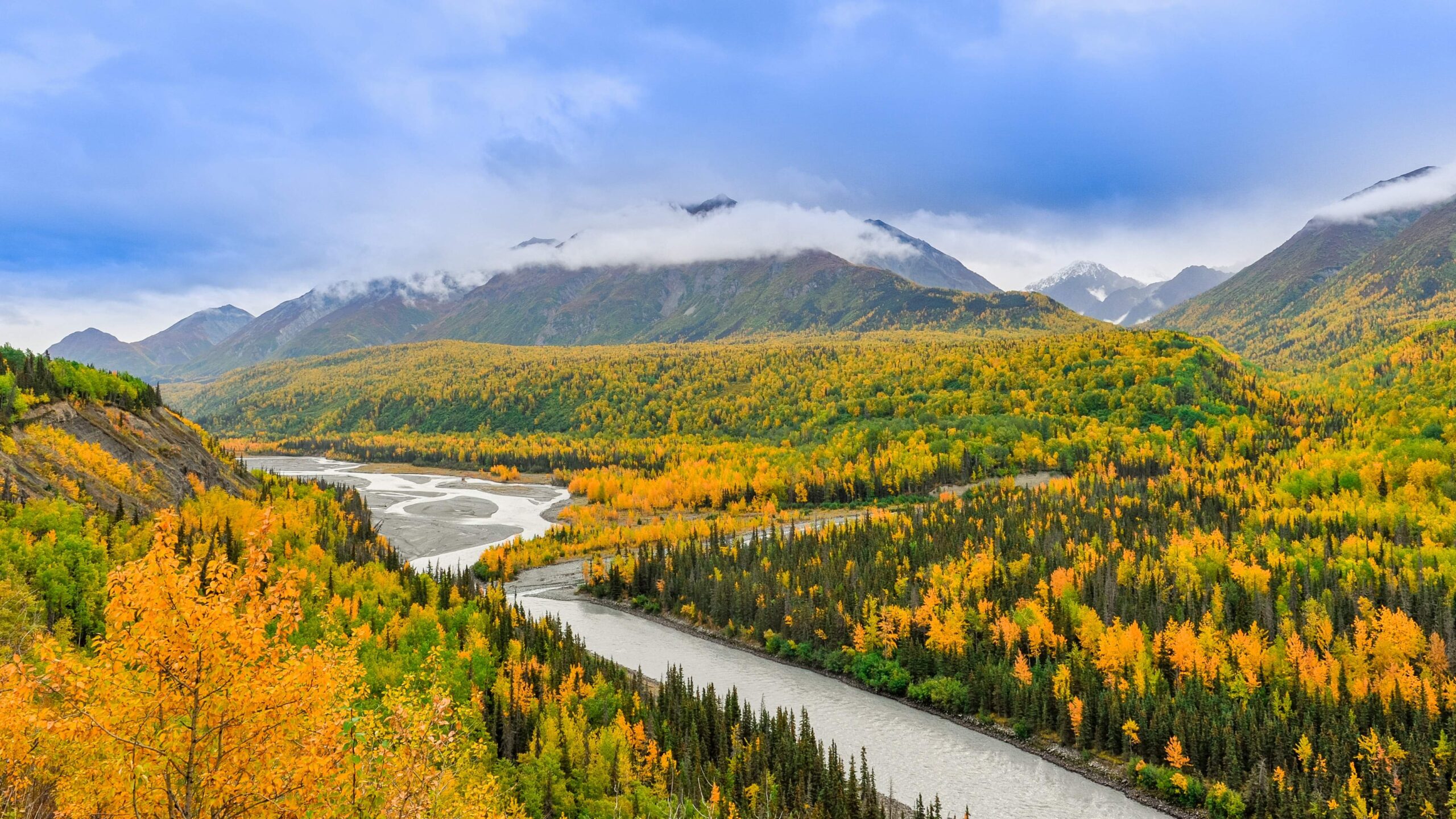The United States Army Corps of Engineers are rethinking their choices when it comes to the Pebble Mine. And it’s probably for the best.
Back in 2020 the U.S. Army Corps had chosen to reject an application for the Pebble Mine after a huge open pet gold and copper mine proposal was made for upstream the area of Bristol Bay. But as of recently, and as most companies do, there has been an administrative appeal one by the company in parts of a renewed revision.
Such an announcement, therefore, leads one to believe that the barrier blocking the construction of such a controversial mine may not be as airtight like some of the opposition had once believed. It was on Tuesday afternoon in an 81 – page ruling that the Corps and it’s reviewing officers did declare the Alaska district as faulty and what appeared to be some marginal errors in its original assessment.
In particular, in how the review of the dam would have failed to hold back waste rock from the actual mining operation.
In other words, no catastrophe could have occurred in all truth and reality.
In part, the permit was denied also because of how fish and water quality may have been irrevocably stunted by such a damn breach, if there ever was one. And yet the army corps, in all their infinite wisdom, came to the conclusion that a catastrophic event like a damn bridge was not “reasonably foreseeable.”
General Kirk Gibbs, commander for the Pacific Ocean Division, went on record to state his clarification on how this exception was not quite a signal to authorize other permits. He along with the rest of the district are currently reevaluating specific issues so that every decision made by the core as well-supported.
And yet there are still other challenges in the way of the pebble mine. Such as the environmental protection agency and their belief that the salmon rich Bristol Bay would not suffice well under the conditions put from the construction of the pebble mine. In addition it is a conflict of interest with both the local tribes and the clean water act.
In addition, the EPA is certain to deny any sort of length that other developments upon the rivers may have in the future of the areas permissions.
In such case, the administrative ruling is returning the permit application back towards the Alaska district for a specific reconsideration of some particular aspects. There was no immediate response from the Powell partnership whom have long pursued the project for beyond two decades.




